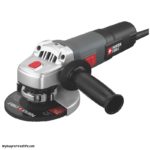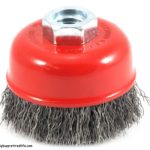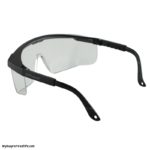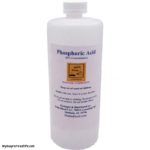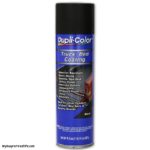Removing rust from garden tools
Removing rust from garden tools went on my to do list recently. I left some of my garden tools outside over winter and things definitely got rusty.
Fresh into my second retirement I needed to get all my garden tools clean. Treated for rust and ready for another round of heavy use.
This time I thought about power tools that can help get the rust off and I was definitely going to use them since I planned on renovating all of my garden tools. I didn’t want to use hand tools for this very large job. I had a lot of garden tools that had not been attended to over the years. Some I had purchased new. I had bought some used in garage sales. I inherited some tools. It was a hodgepodge of tools all crying out for attention.
The right brush for the job
I went to the tool store to get a wire brush attachment for my angle grinder. There were two types of wire brushes for the grinder. Crimped and twisted wire cup brushes. The twisted wire cup brush appealed to me, over the crimped style cup. My conclusion is based on my experience with a hand wire brush. I figured that the twisted wire style would stay together and not flare out and consequently last much longer.
So I bought the twisted wire cup for my angle grinder and set up my portable work bench so that the garden tools could be held in the vise while I worked them over with the wire brush.
Related Article: Workbench With Vise
Safety Equipment
This project would have small wires spinning at high speed that could break off and could hurtle towards my eyes. I was also going to work with an acid so I grabbed my safety glasses with side shields and started my project. I used acid resistant gloves when I worked with the acid. Also because the grinder spins the wire cup I made sure that I didn’t wear shirt sleeves which could get caught up by the spinning brush.
The process
The wire brush makes removing rust from garden tools very easy but getting down to the bare metal takes a little longer. I could use pressure or time over the area to get all the rust off. I chose to use pressure as that would shorten the total amount of time for this project. This decision caused me to wear out the first brush and have to purchase another brush in order to complete the project.
Dealing with rust
I purchased some phosphoric acid and using a glass container and an acid brush brushed acid onto the surfaces that I was going to paint. The acid easily converted the remaining rust(not visible to the naked eye).
A quick coat of paint used for truck beds sealed off the metal from future rust. I chose this particular paint because it is a rubberized paint that can resist expansion/contraction cracking which will hasten the return of rust. I use it on my front trailer frame to resist rust from stone dings. It does an excellent job of protecting the metal over ordinary paint. Any tools making contact with the dirt, like a hoe or shovel, I used regular paint on the blades as that would get rubbed off quickly by the dirt.
What I accomplished
- The wire brush got down to the bare metal on approximately twenty hand tools(hoes, shovels, rakes, etc.).
- The phosphoric acid converted any small residual rust leftover from the wire brush process.
- On any tool used for cutting I put an edge on using a flap disc before painting.
- The paint sealed off the bare metal from the atmosphere and slows down the rust’s return.
- I promised myself to not leave my garden tools outside next winter.
Related Article: Buffing Old Brass
Related Article: The 5 most useful power tools
(Mybusyretiredlife.com All Rights Reserved)

